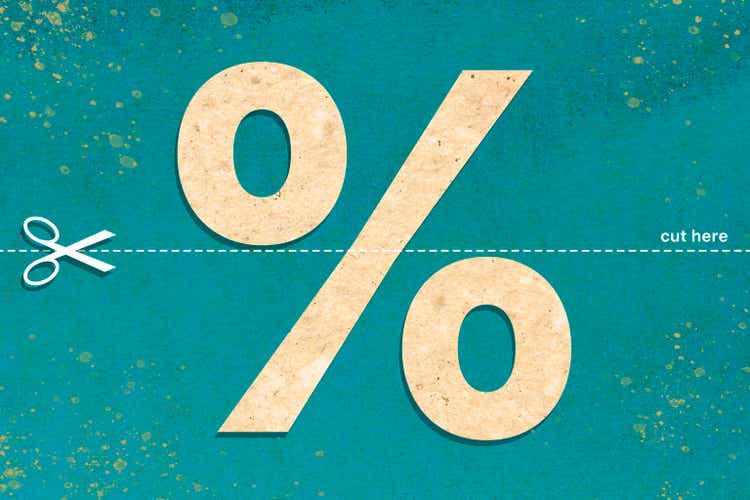By Patricia B. Mirasol, Multimedia Producer
Artificial intelligence (AI) is reshaping the e-commerce landscape in the Philippines, offering new opportunities for growth, efficiency, and personalized shopping experiences.
While Filipino consumers are quick to embrace AI-powered features, adoption among businesses — particularly micro, small and medium enterprises (MSMEs) — remains uneven due to cost, complexity, and infrastructure challenges.
A 2025 survey by e-commerce platform Lazada found that sellers across six Southeast Asian (SEA) countries already use an average of four AI tools in their operations. In the Philippines, 76% of sellers are familiar with AI — well above the regional average of 68%, according to research by Kantar in partnership with Lazada. But 64% of Filipino sellers said AI adoption could be “costly and time-consuming.”
The study also found that 37% of Filipino merchants fall under the “AI agnostic” category — those who are cautious, have low trust in the technology and keep a neutral stance toward adoption. Many of these sellers struggle to transition from manual processes to AI-driven systems.
Elyse P. Juan, creative director at Filipino gift shop Papemelroti, cited the need for better support and clearer communication from e-commerce platforms.
“When you roll out new features like these, you need to inform us local businesses beforehand,” she said in an Aug. 7 interview. “Our people don’t come from technically trained backgrounds. There’s also a language barrier on the dashboards. There’s so much jargon.”
Admir Masin, a conversational AI expert at global cloud communication platform Infobip, noted that while the Philippines has a strong digital foundation — high mobile penetration and increasing cloud adoption — other challenges persist.
Infrastructure issues like inconsistent internet connectivity and reliance on legacy systems are real, he said in an e-mailed reply to questions. “But the bigger barriers tend to be organizational readiness, siloed data and limited awareness of AI’s strategic value.”
Mr. Masin said industry-specific playbooks and unified omnichannel strategies — where customers experience seamless service across all touchpoints — could help scale AI adoption.
CONSUMERS LEAD THE WAY
While businesses remain cautious, Filipino consumers are more open to AI-enhanced shopping. A study by Shopee involving 400 Gen Z participants found that 70% rely on e-commerce platforms as their primary source of product information.
Clariza Yu, Shopee’s head of mall solutions, said 80% of buyers prefer visual content, and 60% made purchases after seeing products promoted by influencers.
“Influencers play a very big role in winning over Filipino consumers,” she said via Zoom. “People look for authentic storytelling and a genuine connection.”
“Filipinos also have a very aspirational culture — if they see someone they look up to in TV or on social media promoting a certain product, it becomes more credible for them,” she added.
Both Shopee and Lazada have integrated AI tools to enhance customer engagement and streamline the shopping experience.
Lazada’s AI curates personalized catalogs based on user preferences, said Pauline DLC Castro, head of user product operations at Lazada Philippines.
“Imagine a catalog that knows your skincare goals, your favorite brands and even the specific concerns you’re trying to address — AI does exactly that,” she said in an e-mailed reply to questions.
Lazada’s generative AI tool, AI Lazzie, helps users find the right products and deals. It also analyzes spending habits to offer tailored vouchers. During Lazada’s 2025 6.6 Super Wow Sale, AI Lazzie’s contribution to sales tripled compared with the 2024 12.12 All-Out Pasko Sale.
Shopee, meanwhile, reported a 15% improvement in user satisfaction and a 0.5-day reduction in average customer inquiry and case resolution times in 2025 compared with early 2024.
Ms. Yu also highlighted Shopee’s virtual fitting room feature, which allows users to upload images and try on apparel virtually. “AI has helped buyers feel more informed and confident in their online shopping decisions,” she said.
AI presents significant opportunities for MSMEs, which are the backbone of the Philippine economy. A 2023 McKinsey & Co. study found that businesses using AI in sales and marketing could increase revenue by as much as 15% and cut costs by 20%.
AI-driven solutions are projected to contribute more than $1 trillion to the Southeast Asian economy by 2030.
AI levels the playing field for small businesses, said Arlie Jophen F. Matubis, a digital marketer at education technology firm Techedify. For example, AI can optimize your website to rank higher on Google or generate content at scale for social media marketing.
However, not all experiences with AI are positive. Ms. Juan of Papemelroti said AI-assisted features like chatbots could be frustrating, especially when dealing with customer complaints or shipping issues.
“We can’t be penalized for a courier’s mistake,” she said. “The algorithm might flag us, but the delay could be because the parcel wasn’t picked up by the courier.”
As AI becomes more embedded in daily life, concerns about data privacy and ethical use are growing.
Filipinos often prioritize convenience over privacy, said Sherwin M. Pelayo, executive director at the Analytics & AI Association of the Philippines (AAP). “We don’t read those terms and conditions because we just want to be in the bandwagon.”
He cited the importance of ethical guidelines such as data minimization and opt-out options for data collection.
Sammuel P. Sanclaria, a senior software engineer at Techedify, said tracking technologies like cookies are activated when users visit websites. Ignoring consent popups effectively allows full tracking of user behavior.
These are used for cross-selling and upselling, he said. “Personally, I only allow necessary tracking data. That’s one way to protect ourselves from data mining.”
Mr. Pelayo warned that while AI offers convenience, it also poses risks. “We’re giving out our personal data unknowingly to all these AI engines,” he said.
To address these concerns, the Private Sector Advisory Council for Jobs and Education has presented a national AI upskilling roadmap to President Ferdinand R. Marcos, Jr. The roadmap, which seeks to promote digital literacy, assigns implementation responsibilities to the Technical Education and Skills Development Authority, Commission on Higher Education and the AAP by 2026.
“Our staff learned through Lazada University and Shopee University,” Ms. Juan said. “But if these platforms really want to empower more Filipino businesses, it would be great if they conducted more face-to-face training.”
As AI continues to evolve, bridging the gap between consumer enthusiasm and business adoption will be key to unlocking its full potential in Philippine e-commerce.

 2 days ago
1
2 days ago
1

















 English (US) ·
English (US) ·